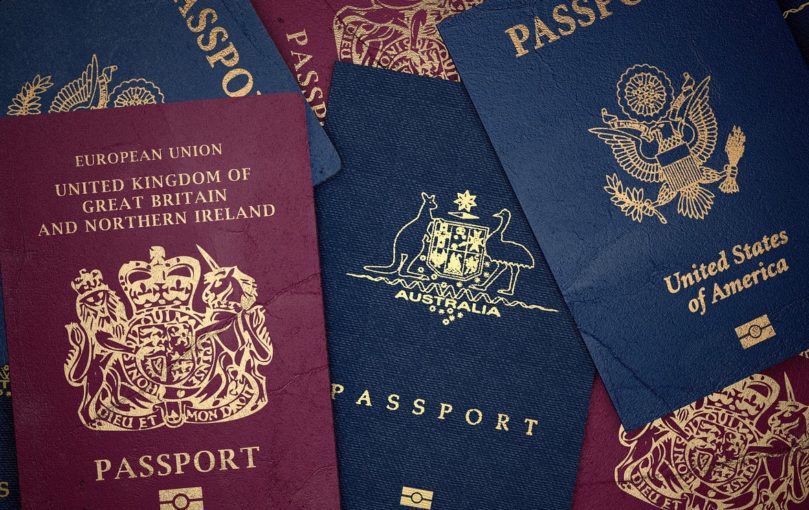An astounding 43% of the people in the entire world speak more than one language. In today’s global village, language and multiculturalism are more important than ever … so, to celebrate our ten-year anniversary, we’re sharing with you ten things you may not have realized about language and translation:
1. Not all Spanish is the same, not all French is the same, not all Arabic is the same … and so on. Each country has its own culture and its own “spin” on certain words and phrases. So that a word or phrase that’s perfectly OK in one country may be awkward, inappropriate or offensive in another … even though it’s the same language.
2. Learning two languages simultaneously is not confusing to children. In fact, the best time to learn a foreign language is at a very young age. Babies who learn two languages at the same time grow up to be native speakers of both.
3. Google Translate is great … sometimes. Don’t rely on it 100%. This popular tool is great for quick, non-technical, non-confidential language consultations (such as translating an email to a friend or getting by in a foreign country) in languages like Spanish, French, and Portuguese. But if you’re using it to translate into a language you have no knowledge of, be careful. You may end up saying something you didn’t mean, or worse … something profane or offensive. This is particularly true for Middle Eastern and Oriental languages, which Google hasn’t learned that well yet.
4. Google Translate is not putting translators out of business. Machine translation will only improve with time, but until a machine can ask “hey, what did you mean by that?”, translators aren’t going anywhere.
5. A vast number of people in the world can speak English, but they live their daily lives in their own language. This means that they watch Netflix, tweet, post on Facebook, shop on Amazon and post on Instagram in whatever language they speak. So, if you’re trying to sell to them or get their attention, speak to them in their language of choice.
6. Immersion is the best way to learn a foreign language. You can spend your life taking classes, but if you’re not forced to use what you learn, it won’t make any difference.
7. Native language and dominant language are not the same things. When hiring a translation provider, you want the translator to work into the language that he/she speaks best and that he/she is culturally immersed in, and not necessarily the language of their place of birth.
8. No matter how bilingual you believe you are, one of the two languages you speak will always be stronger and better. Again, because of cultural immersion.
9. Translation is not just about strong language skills. It’s also about style and subject-matter expertise. A legal translator may not be the best choice to translate a book of poetry, for example, unless that person is a poetry fan.
and finally …
10. Knowing a foreign language doesn’t make anyone a translator. Translation is more than just converting words from one language to another. A good translator is also a good writer, a lover of languages, and is aware of cultural and country-specific sensibilities that affect how thoughts and ideas are expressed.
TransForma can help you with your language needs. Email us at request@transformaonline.com, or call us at 305-722-3827 to request a free quote.

